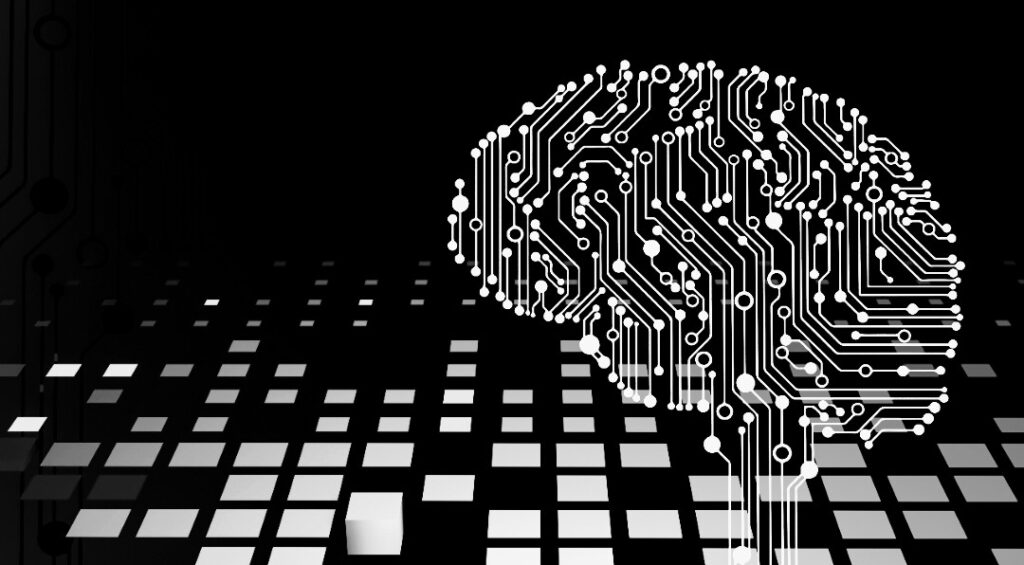There is some encouraging news in the world of science whereby a study has shown that AI can diagnose autism early in children.
We’ve dug into the report and can now tell you what it is all about.
Diagnosing autism with artificial intelligence
A.I seems to be the newest trend on the block with it being injected into almost every aspect of society.
With that being the case it was only a matter of time before it started being used in the world of medicine.
We had previously seen articles about it’s use in tackling conditions such as Alzheimer’s and Dementia but when Autism got mentioned that grabbed our attention.
How is A.I being used to diagnose autism?
First things first it sounds complicated but here goes;
The new and advanced A.I system isolates images from MRI scans, extending specific markers indicating connectivity between brain regions.
The systems algorithm then analyzes and compares these markers in children diagnosed with autism against developing brains.
So essentially it scans the child’s brain and then feeds that into a supercomputer.
According to a 2023 report by the CDC, less than 50% of children diagnosed with ASD underwent a developmental evaluation by the age of three.
30% of the children meeting the criteria of autism spectrum disorder did not receive an official diagnosis by the time they turned eight years old.
So surely this is good news if it works?

So what were the results?
The researchers tested this on 226 children aged 24 to 48 months, including 126 with autism and 100 developing children.
The technology achieved a 97% sensitivity and 98.5% overall accuracy in identifying autism.
There’s no way around it, that is very impressive.
This A.I system generates a comprehensive report outlining the affected neural pathways.
These go on to predict the projected impact on brain functionality, and a severity grade that can guide early therapeutic intervention.
It is noteworthy that the tool improves on accuracy of traditional early autism diagnostic methods, which typically have an accuracy of around 60-80%.
When will it be widely available?
Probably the most important question parents reading the article may have is when will this be available?
The researchers from Kentucky University are actively progressing towards commercialising their A.I software and seeking FDA clearance.
So although that is promising it sounds like it may be some time before this is readily available.
It also begs the question of how would you even go about having your child assessed.
The A.I as we document above relies on MRI imaging so it is not as if it is a test which could be done at home.
Without being too defeatist it is fair to say that by the time you managed to arrange an A.I. assessment you could have established the same result via traditional means.
There is no doubt however that these advancements are a net positive for society.
Over the next years you can only assume that these developments will lead to faster autism diagnosis.
As we’ve mentioned before on this site, the earlier we start working with our kids the most positive impact we can have on their lives.
So if this technology becomes readily available it will change lives across the world.
Summary – Can A.I diagnose autism early?
The new AI tool has the potential to revolutionise the way autism is diagnosed.
It could help to identify autism earlier, which is crucial for getting children the support they need.
If readily available it could also help to reduce the number of misdiagnoses. These can typically lead to unnecessary stress and anxiety for families.
What is important to note is that the autism diagnosis tool is still under development. But it has the potential to make a real difference in the lives of people with autism and their families.
What do you think?
Could this tool be a game changer for families out there? Or are you skeptical about it until it becomes mainstream.
Our view is that any efforts made to improve the timeliness and accuracy of diagnosis can only be a good thing.
We’ll observe this story as it develops and provide more information when we have it.

